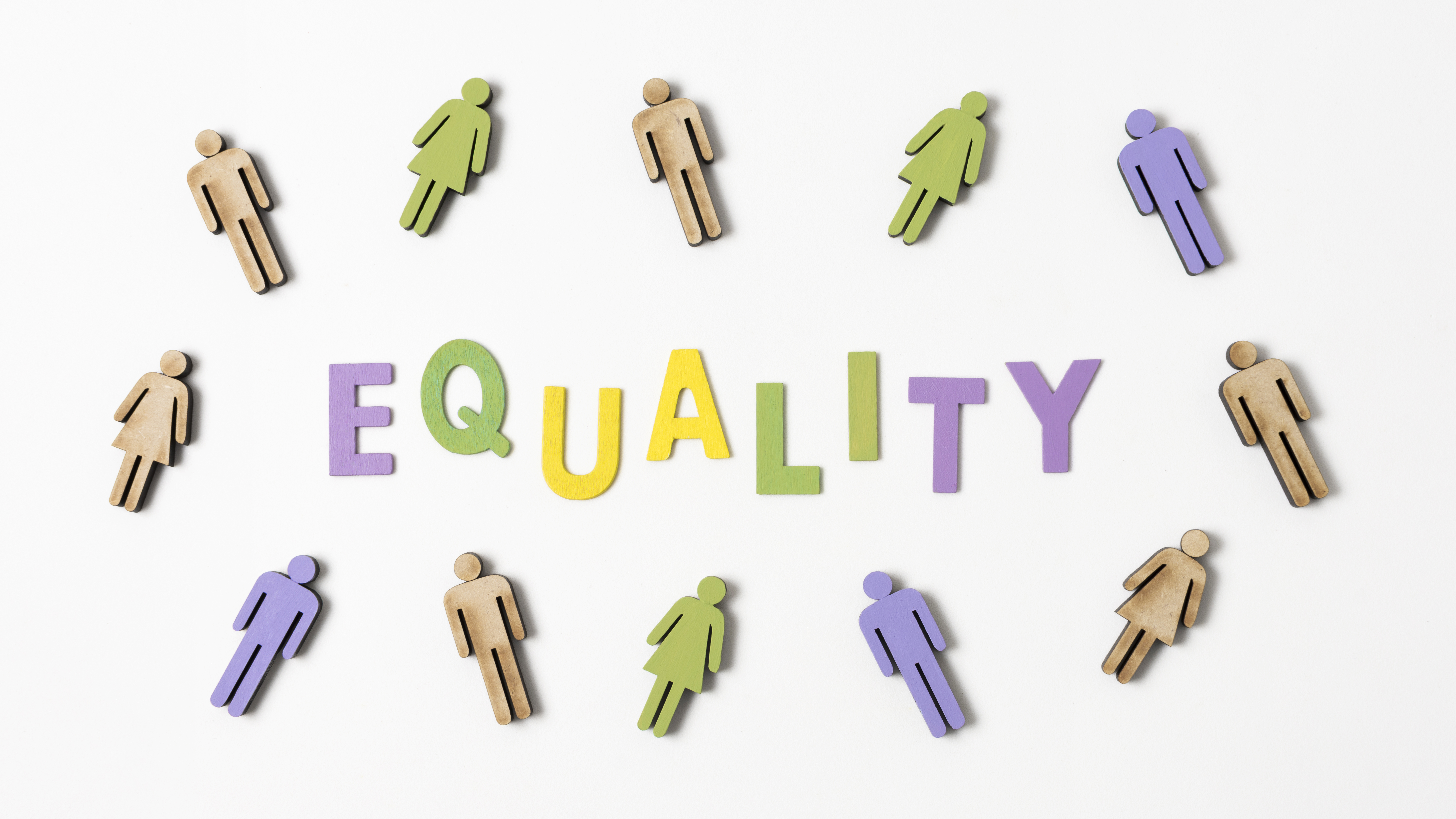There’s still work to be done
To continue with the theme of International Women’s Day last week and Dr Bonin’s contribution to the Bulletin, please read the simple story below.
A young boy and his father are driving home when a distracted driver unfortunately hits them head on. The father sadly dies, but the boy is alive and he is taken to hospital and straight into surgery. The waiting surgeon says ‘I can’t operate on this boy. He’s my son.’ How is this possible?
Did you get the answer? Most adults cannot figure the answer out unless they have heard the story before. However, in recent tests, students aged around 8-11 can figure it out quickly. One of the best answers is that the surgeon is the boy’s mother. What it showed is that the responses from the children were not stereotyped into thinking that the surgeon should be male.
Stereotypes about gender can cause unequal and unfair treatment. Some expect women to look after the children, cook and clean while men work on the car and do home repairs. Some people assume that there are certain occupations that are gender specific, for instance, all nurses are women and all pilots are men.
The UN sustainable development goal 5 identifies gender equality as one of its key goals. The statistics on gender inequality make for shameful reading. 60% of the world’s hungry people are women; 540 million women from 800 million are illiterate. Education for girls is one of the key initiatives for lifting people out of poverty. Educated women tend to get married later and have healthier babies and these women do not die in childbirth. Educating women empowers them to seek more ambitious work opportunities. The more that women earn and contribute to the overall household budget, the more likely it is that their children will be well educated and seek out better jobs, thus halting generational poverty. Lest we think that these issues only affect developing countries, it is not true. It seems that no country in the world is on track to meet the goal of gender equality by 2030 as measured by a raft of metrics. According to some measures, Iceland topped the index; the UK was 15th, France was 40th and the USA 43rd. Therefore, much work needs to be done.
We can always do more. We can help to train students to spot gender bias where it exists in movies, TV, the internet and advertisements. We can be role models for students by respecting people regardless of their gender. We can encourage children to step out of their comfort zones and give them opportunities to experience activities or undertakings that have traditionally been seen as gender specific. It is crucial for children to see positive role models in the media and in their daily lives and for girls to realise that computing and science are not the preserve of boys alone. Thankfully at FIS, over the years we have produced lots of girls who have challenged gender stereotypes.




